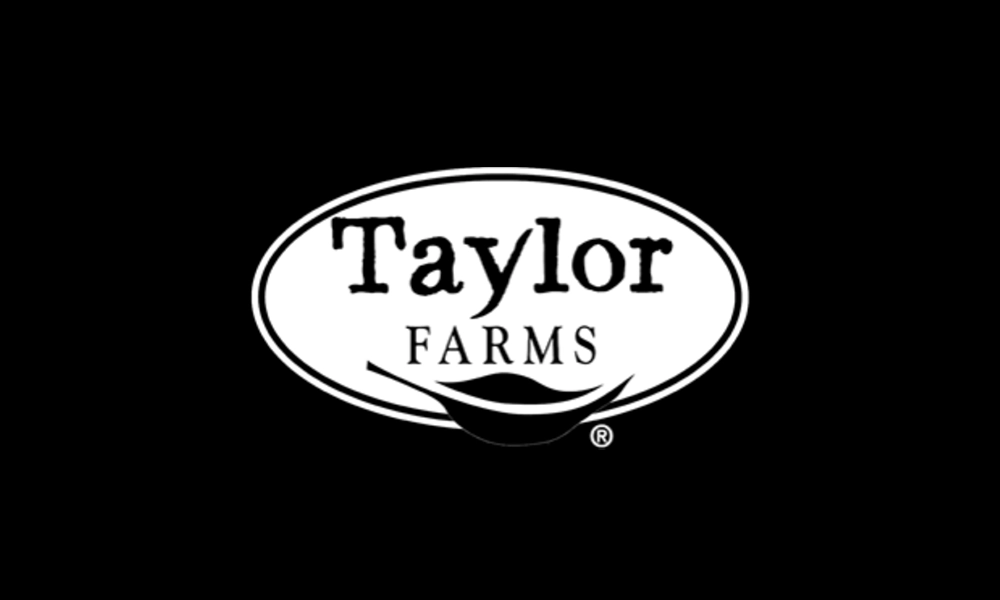What is Page Speed and How Can It Affect Your Marketing?
In digital marketing, visibility is currency—and featured snippets offer a fast-track to the top of Google’s search results. Often called “position zero,” a featured snippet is the boxed information that appears at the top of Google’s SERPs (Search Engine Results Pages), above the organic results. It answers a user’s query directly, pulling content from a high-ranking webpage. Featured snippets are a goldmine for marketers because they dramatically increase a brand’s visibility without needing to rank first organically. They also boost credibility and drive significantly higher click-through rates (CTR). Appearing in a featured snippet positions your client as a trusted authority and can lead to substantial organic traffic growth, especially for informational and how-to content.
How Featured Snippets Can Be Leveraged in Digital Marketing
Featured snippets aren't just helpful—they’re strategic assets. When optimized correctly, they can:
- Increase organic traffic without increasing ad spend
- Improve brand authority and trust.
- Drive voice search results.
- Provide a competitive edge on high-volume keywords.
- Serve as a funnel entry point for customers early in their journey.
For digital marketers, the goal is clear: craft and structure content in a way that answers user questions quickly and clearly—on Google’s terms.
SEO
5 Key Tactics Agencies Use to Win Featured Snippets
To earn a featured snippet, it’s not just about quality content—it's about formatting content intentionally. Here are five proven strategies agencies use:
- Identify Snippet Opportunities with Intent-Based Keyword Research
The best way to start is by identifying queries that already show featured snippets and where competition is low to moderate. Tools like SEMrush, Ahrefs, and Moz help uncover high-value keywords framed as questions (“how to…”, “what is…”, “best ways to…”)—ideal for snippets. For example, a fitness brand might target the keyword “how to build muscle fast” and structure content to answer that query in under 50 words.
- Optimize Content Formatting for Snippet Types
Different snippets require different formats—paragraphs for definitions, lists for steps, tables for data, and videos for how-tos. Agencies tailor content structure accordingly. For a cooking client, an agency may break down a recipe into a bulleted list to increase chances of winning a list-type snippet for “easy banana bread recipe.”
- Use Clear Subheadings and Semantic HTML
Google loves well-organized content. By using H2s and H3s for questions or key points, and keeping paragraphs under 40–60 words, agencies help search engines understand and extract relevant information. This is especially effective for FAQ sections and educational content. A SaaS client, for example, might gain a snippet for “what is CRM software?” by using that exact phrase as a subheading and following it with a succinct answer.
- Leverage Structured Data and Schema Markup
Although schema isn’t required for featured snippets, using FAQ and HowTo schema can help Google better understand content context and increase eligibility. Agencies implement structured data to signal the type of content presented, which is especially valuable for product pages, tutorials, and knowledge bases.
- Continually Test and Refresh High-Ranking Content
Content that already ranks in the top 5 positions is prime real estate for snippets. It’s important to analyze these pages and fine-tune them—adding concise definitions, adjusting word counts, and simplifying structure. Ongoing optimization ensures pages remain competitive. For example, a travel agency might revisit a “best places to visit in Italy” blog post to reformat it as a clean, scannable list
Featured Snippets: Benefits for Clients
Clients benefit from featured snippets in multiple ways:
- Increased Organic Visibility: Even if they’re not the top organic result, clients can still capture attention at the top of the page.
- More Clicks, Less Spend: Higher CTR without paying for ads.
- Thought Leadership: Snippets position the brand as an expert in its space.
- Voice Search Optimization: Most voice assistants pull directly from featured snippets.
- Content Efficiency: Repurposing one high-quality answer can win multiple related queries.
These outcomes enhance SEO performance and boost ROI across campaigns.
Final Word: The Power of Featured Snippets
Featured snippets are Google’s way of serving instant answers—and a golden opportunity for brands to gain top-tier visibility without the cost of ads. Positioned above traditional results, they can significantly increase organic traffic, boost credibility, and improve click-through rates. For example, a skincare company targeting “how to treat dry skin” can earn the snippet by offering a clear, concise list or paragraph that directly answers the query.
Digital marketing agencies use keyword analysis, content formatting, schema markup, and ongoing testing to optimize for snippets. By structuring content intentionally—with question-based headers, short paragraphs, and bullet lists—brands are more likely to win “position zero.” Snippets are also highly aligned with voice search trends, making them essential for long-term SEO strategy.
In a search landscape dominated by competition, featured snippets offer a way to leapfrog even higher-ranked competitors. They reward clarity, structure, and relevance—values every digital marketing agency should embrace when building content for maximum impact.
Case Studies
35% of all traffic to AWS comes from content generated by Intrepid
861% Increase in Non-Brand Clicks
150,000 impressions in first 6 months
Blog Posts

AI Search Optimization: A Technical SEO Checklist
Technical SEO plays a critical role as AI-powered search engines like ChatGPT and Perplexity reshape how users find information. This guide outlines 14 key recommendations to help your site stay discoverable, crawlable, and competitive in the era of AI-first search.

The New Glossary of AI & SEO: The Language of AI-Powered SERP
Alphabet soup is on the menu as we help marketers understand new terminology like LLMs versus GPTs, AI versus GenAI, AEO versus GenAI Optimization, and more. Get a better understanding of the terms related to AI, SEO, and marketing in this glossary.

AI is Changing SEO—Here’s How to Adapt
What is the future of SEO in light of AI? This guide delves into which metrics are dropping due to AI Mode & AI Overviews, what to measure to get a clear view of performance, and how to adapt your content and SEO strategies.



